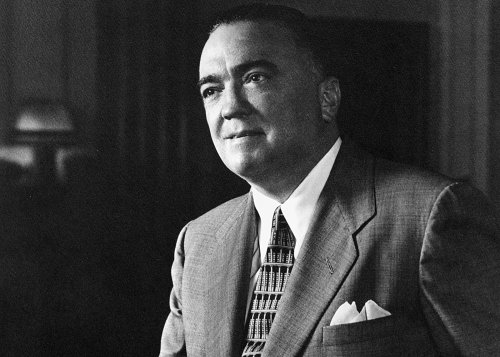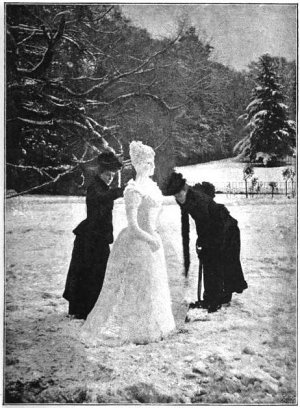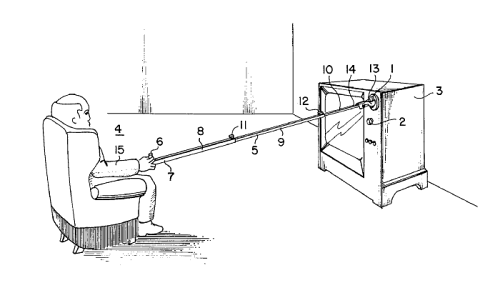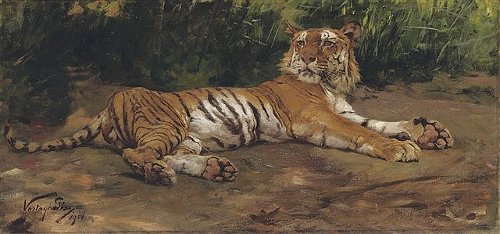Oregon attorney general Dave Frohnmayer released this opinion letter on Dec. 23, 1982:
Mr. S.T. Nicholas
1225 N. Pole
Gnome, Alaska 90001
Dear Mr. Nicholas:
This letter is to inform you of our decision in the complaint of improper business practices brought against you by Mr. I.M. Grinch.
In his complaint, Mr. Grinch has requested that the Oregon Department of Justice immediately seek a temporary restraining order prohibiting you from any business-related activities because of the following alleged violations of state and federal antitrust laws:
- That by conspiring with parents you cause confusion or misunderstanding as to the source, sponsorship, and approval of your goods and services (ORS 646.608);
- That by consulting with parents on gifts for children you have furnished them with privileged customer information;
- That by inciting parents to whisper among themselves and hide presents during the month of December, and by compiling a list and checking it twice, you engage in conspiratorial practices (ORS 646.725);
- That by discriminating against naughty persons you have accorded special service to some customers in violation of ORS 646.080, which states that customers must be treated on proportionally equal terms;
- That by linking the receipt of your gifts to persons’ good behavior you violated Oregon law, which prohibits making product sales conditional upon other behavior;
- That by giving away presents you have violated federal minimum price regulations;
- That by claiming to deliver presents all over the world in only one night you are promising delivery of goods while knowing you are not able to fulfill that promise (ORS 646.607 and 646.608);
- That you have conspired with Saint Nick, Santa Claus, Père Noel, and others to engage in an illegal restraint of trade by allocating markets and customers and by fixing prices (ORS 646.725); and
- That you have received kickbacks from your reindeer.
Finally, Mr. Grinch has accused you of having violated ORS 646.730, which states:
Every person who shall monopolize, or attempt to monopolize, or combine or conspire with any other person or persons to monopolize, any part of trade or commerce, shall be in violation of ORS 136.617, 646.705 or 646.805, and 646.990.
We find that you have participated in monopoly, but only in the delivery of the game to children, a non-citable practice.
We conclude that the allegations are unfounded and see no reason to convene a special grand jury. We have, however, filed a counterclaim on your behalf against I.M. Grinch under state antitrust laws for contriving a shortage of good will. His action may also constitute the crime of malicious rottenness.
Further, I have instructed our Consumer Protection Section to pay close attention to enforcement of chimney cleaning regulations for the remainder of 1982.
Merry Christmas,
Dave Frohnmayer
Attorney General




